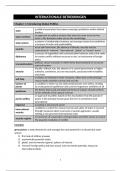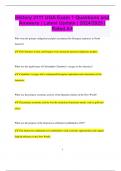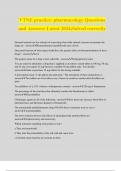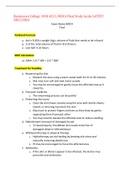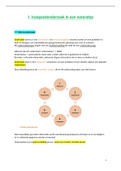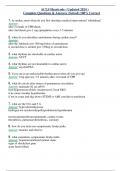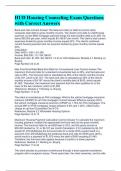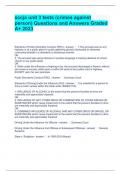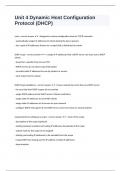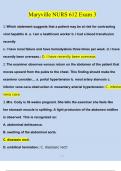Resume
Samenvatting Concepts Internationale betrekkingen (Global Politics) - UAntwerpen
- Établissement
- Universiteit Antwerpen (UA)
- Book
- Global Politics
Samenvatting van de concepts die gekend moeten zijn voor Internationale Betrekkingen. Focus op de main concepts, additional concepts en authors uit het handboek 'Global Politics'. Inhoud: - Chapter 1: Introducing Global Politics - Chapter 2: Historical Context - Chapter 3: Theories of Global ...
[Montrer plus]
